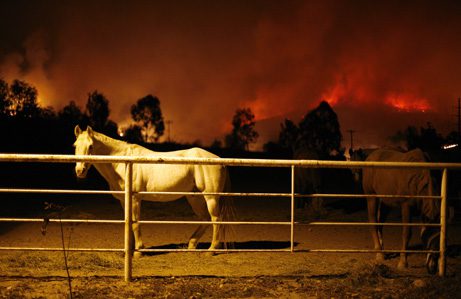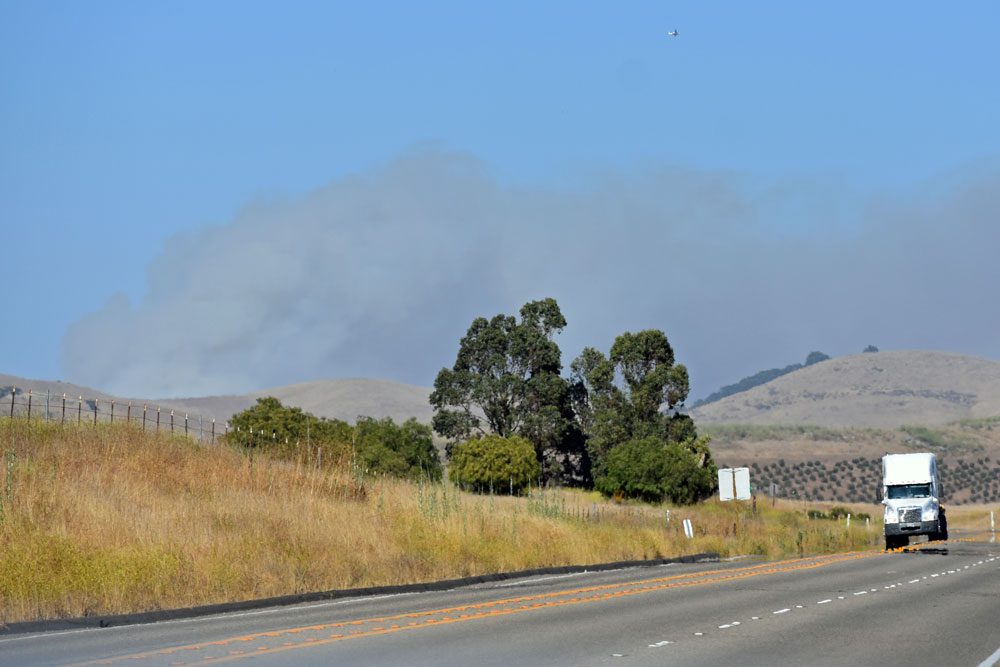By Lena Moran for Just Communities
Since the Thomas Fire broke out, Just Communities has been coordinating interpretation and translation services for emergency services in Santa Barbara County.
From town halls to community briefings, press conferences, vigils and the local Recovery and Assistance Center, volunteer interpreters of the Just Communities’ Language Justice Network have been providing simultaneous interpretation into Spanish.
Translation services help ensure all community members have access to important and up-to-date information. With the floods and mudslides, the number of requests for interpreters quickly surpassed capacity, Just Communities said.
To help meet the demand, Just Communities is hosting a free one-day crash course in community interpreting, Saturday, Jan. 27, for 20 bilingual and multilingual community members willing to volunteer to serve as interpreters.
The course will cover ethics, standards and protocols, vocabulary pertaining to the recent disasters and hands on practice.
The goal is to have a pool of trained individuals who can be called on in cases of emergency such as the recent natural disaster, and any other time our community is in need.
Trained, qualified interpreters are an essential component of equitable access for non-English-speaking clients to educational, health, legal, social, community and other services.
Just Communities said its Interpreter Training Programs are ideal for bilingual and multilingual individuals who’d like to make a difference in their community and offer cross-cultural communication skills in professional settings such as schools, social service agencies, and nonprofit organizations.
Just Communities said it works to bridge differences among those of diverse backgrounds and cultures to strengthen the local community and advance social justice.
Through its Language Justice Initiative, Just Communities works to improve access to multilingual spaces where all languages are valued equally and in which speakers of different languages benefit from listening to and sharing with one another.
These spaces allow for people to connect across differences of language, culture, race, ethnicity, and immigration experience and they ensure everyone’s voices are heard and included in the process of community change.
Learn more about the Language Justice Initiative and other programs at www.just-communities.org.






